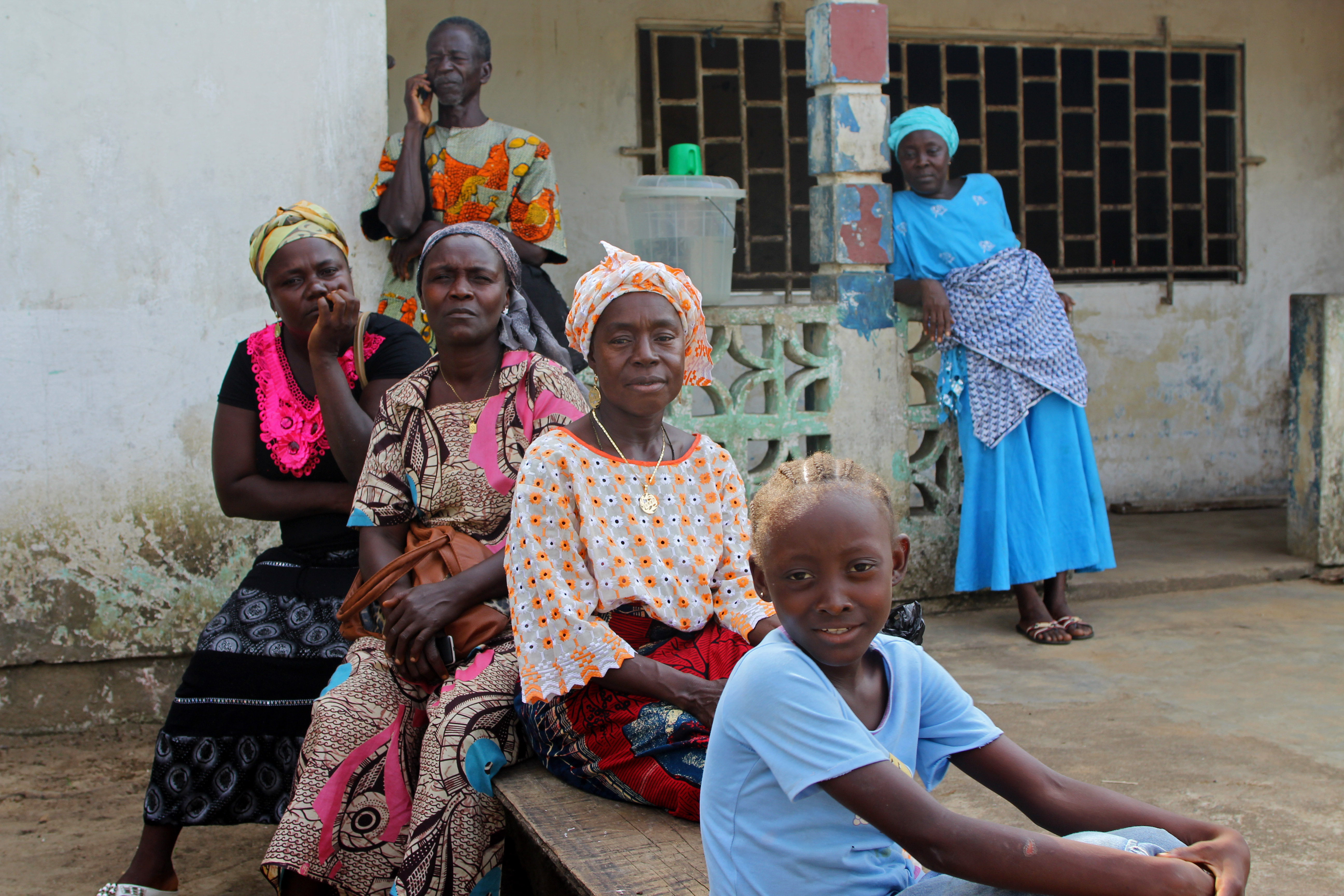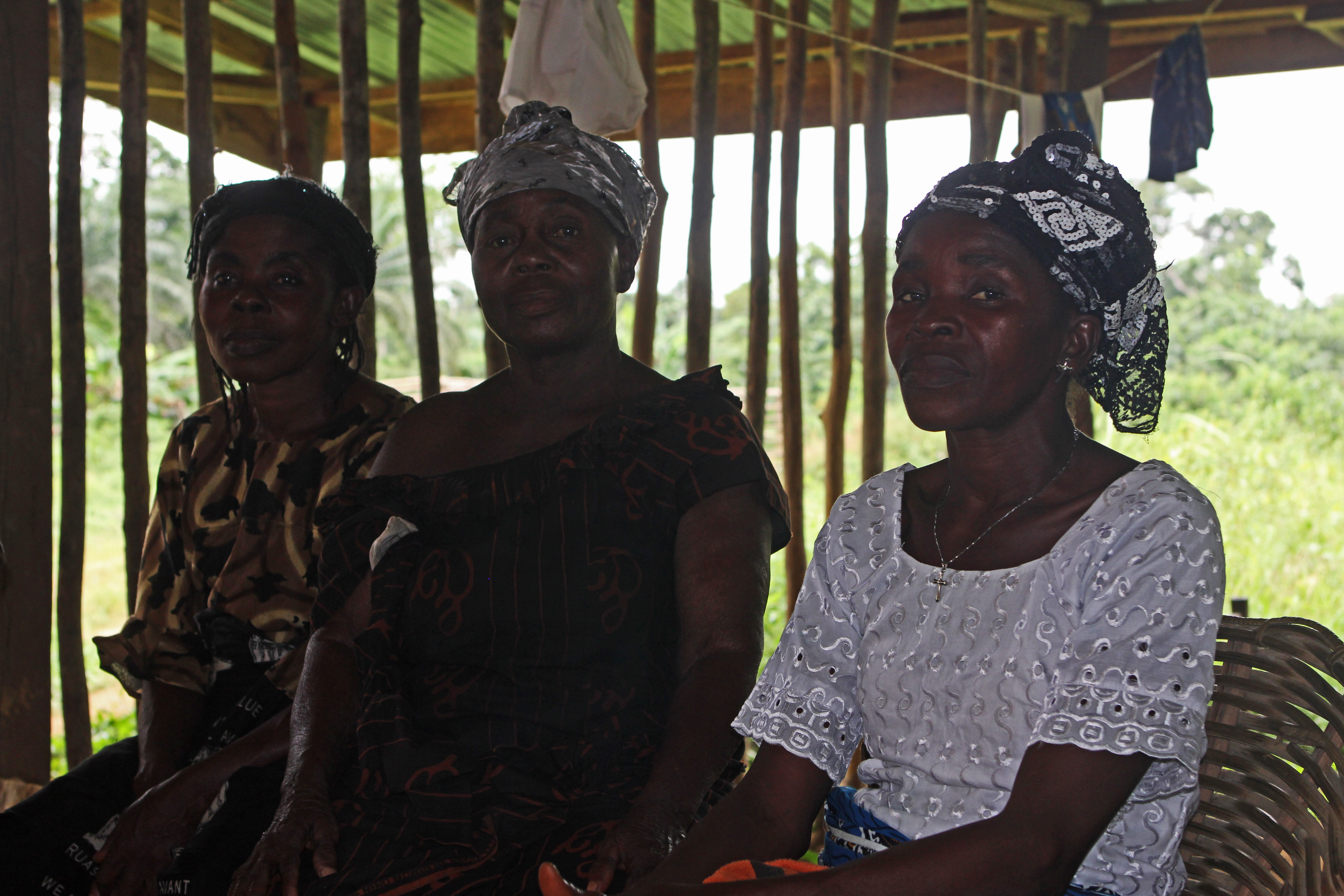Land Rights for Women: Sowing the Seeds of Sustainability

Photo: Dan Klotz
2.5 billion people rely on community-held lands and resources. More than half of them are women. For the world’s indigenous and rural women, land is a cornerstone of both their cultures and their livelihoods. Yet many Indigenous Peoples and local communities have no legal title to the territories that have sustained them for generations. Globally, governments recognize just 10 percent of global land area as owned by Indigenous Peoples and local communities, despite the fact that they customarily claim more than 50 percent. This leaves their lands vulnerable to theft and exploitation. While this impacts entire communities, new research from the Rights and Resources Initiative (RRI) finds that indigenous and rural women are particularly likely to lack legal protections, and that securing their rights is especially important to combatting poverty and protecting community forests.
Indigenous and rural women have often been excluded from development agendas and efforts to tackle global goals on poverty, climate change, and sustainable and equitable development. Where women’s property rights are discussed, they typically focus on private property, overlooking over a billion women who govern their lands collectively.
In spite of these obstacles, rural women have made significant strides in securing their rights, managing their forests, and strengthening their communities. If governments adopt legal frameworks recognizing their land rights, their potential is boundless.
30 Developing Countries fail to protect women’s rights
RRI’s report examined 30 developing countries—which include 78 percent of the developing world’s forests—and found that none adequately protect women’s rights to community forestland. Despite having ratified the UN Convention on the Elimination of All Forms of Discrimination Against Women, not one of the 30 countries meets its minimum standards.
Of particular concern is the failure of governments to protect women’s decision-making power. Only 3 percent of legal frameworks regulating community lands adequately protect women’s voting rights, and only 5 percent protect women’s leadership rights. The right to determine their own futures through community decision-making is key to women’s personal agency and economic security.
It is also vital to protecting entire communities. Women-led households are increasing in many rural parts of the world due to conflict, disease, and male migration to cities. While women have long been responsible for their families’ food security, recent demographic shifts have prompted them to assume even greater responsibilities in their communities, households, and forests.
When women manage their lands but lack equal legal standing, communities are more vulnerable to predatory mining, logging, and agriculture projects. Companies targeting community lands often speak exclusively with men, who may sign away community lands without women’s knowledge or consent, entrenching community poverty and devastating the environment. Women are particularly likely to suffer poverty, violence, and a loss of life-sustaining resources when their lands are stolen, and less likely than men to receive compensation.
Many rural women are also vulnerable to property grabbing or coerced marriage when their partner or parent dies. Women’s economic security—and very survival—depends on their right to inherit land, yet protections for these rights are particularly weak.

Secure rights contribute to global goals on poverty, climate, and development
Secure rights lead to a host of benefits for women and their communities, including increased incomes—which women are more likely to reinvest in their families—and improved food security, health, and education for women and their families. Strengthening their property rights can help break the cycle of poverty and encourage equitable development.
The forests rural women manage also contain vital biodiversity and vast carbon stores. At least 24 percent of the aboveground carbon in tropical forests is in community lands, and securing community land rights immediately decreases deforestation. Yet the success of these solutions depends on legal protections for women.
In the face of myriad obstacles, many women are on the frontlines defending their lands. Indonesia’s largest indigenous network, the Indigenous Peoples Alliance of the Archipelago, recently elected its first female secretary-general, Rukka Sombolinggi. From Indonesia to Liberia to Peru, indigenous and rural women are asserting their voices and demanding to be heard.
Though this progress is remarkable, it remains vulnerable without secure legal protections. For indigenous and rural women, land is the foundation of their livelihoods and wellbeing, and secure rights open the door to a more stable, secure, and prosperous future.


